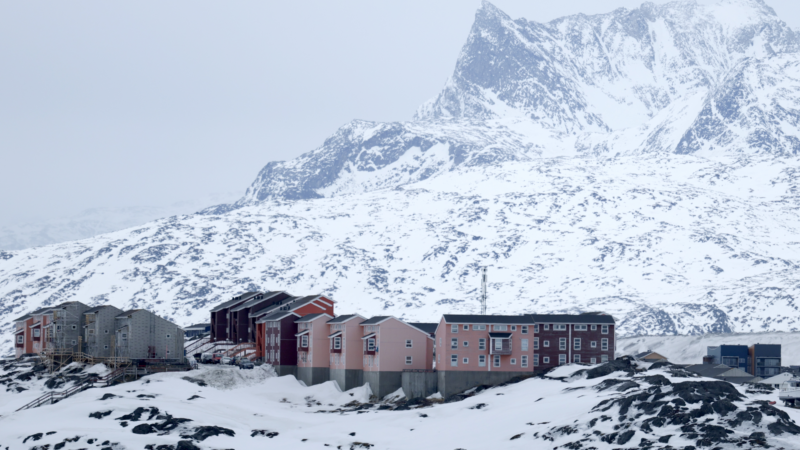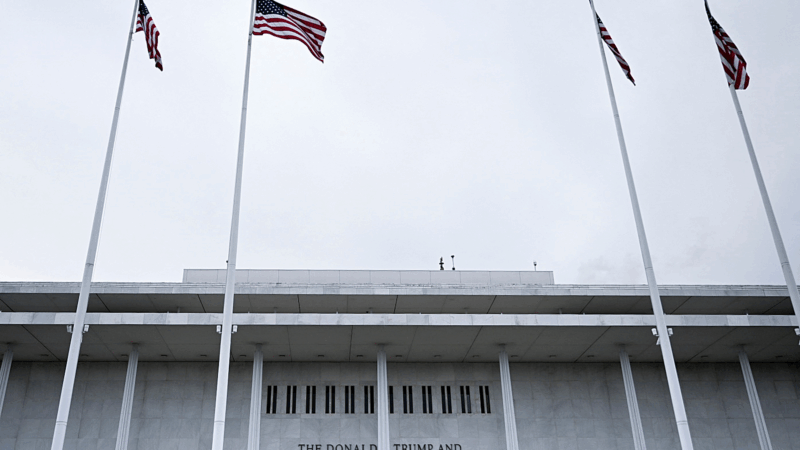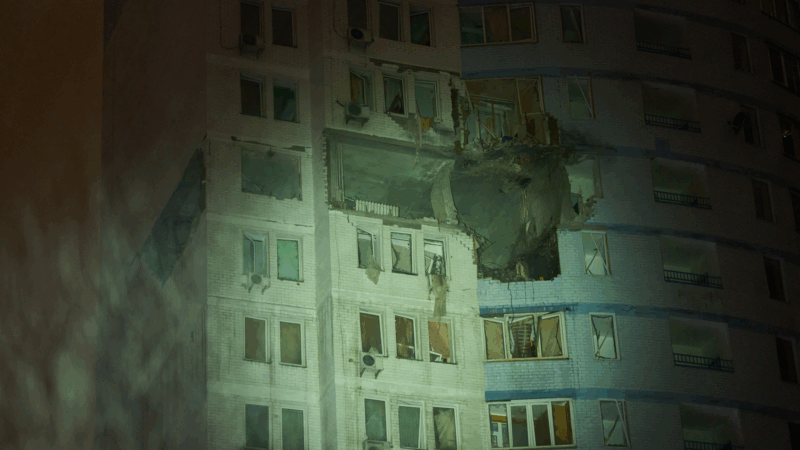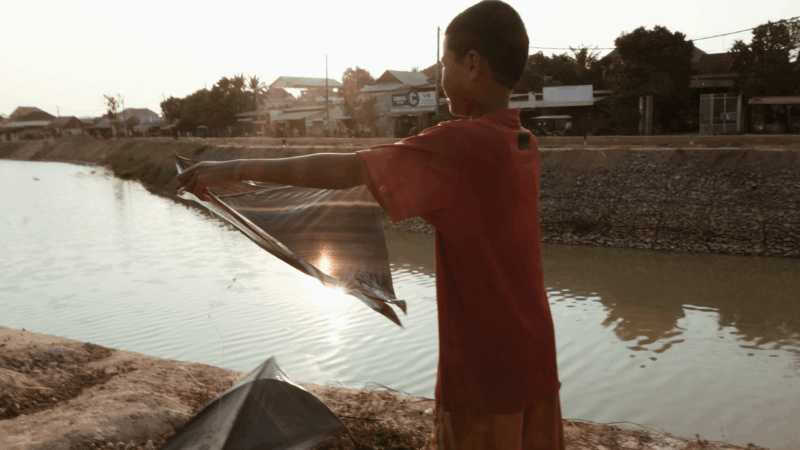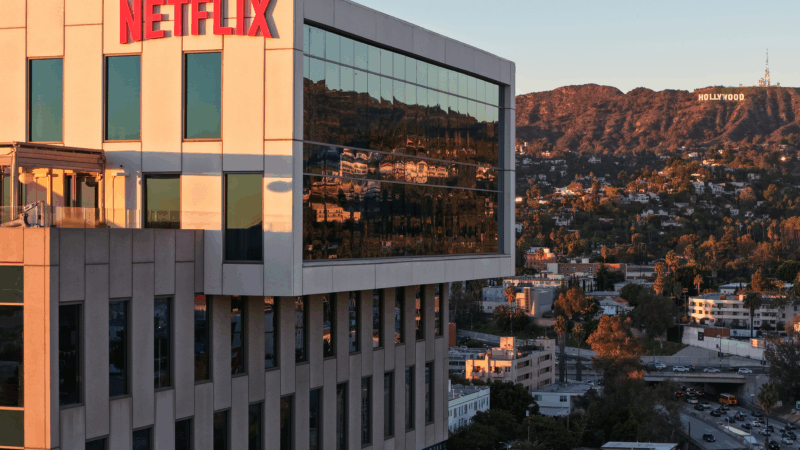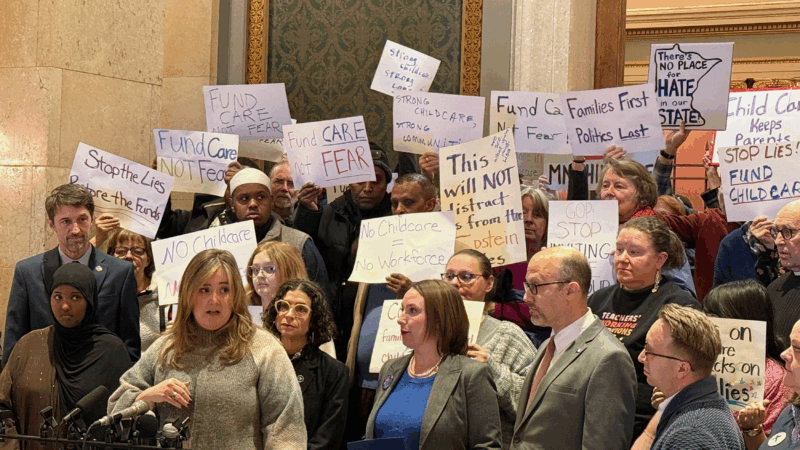What Greenland’s elections mean for the island — and the U.S.
Greenland will soon have a new government led by a pro-independence party — signaling what could be an eventual split from Denmark. Is that a win for President Trump, who has repeatedly said he wants to annex the island?
After all, voters rejected Greenland’s current Prime Minister Múte Egede, whose Inuit Ataqatigiit party came in third in Tuesday’s polls. Egede has insisted that Greenland is not for sale and he framed the polling partly as a referendum on Trump’s seemingly bellicose bullying, saying the election was a “fateful choice.”
But observers say the victory for Greenland’s center-right Demokraatit (Democracy) party, which won the largest portion of parliamentary seats, with 30% of the vote, guarantees neither a quick move toward independence nor closer ties with the U.S.
For starters, the Demokraatit party has also been highly critical of Trump’s rhetoric, insisting that their island — the world’s largest — has the right to self-determination. The party’s leader and Greenland’s likely next prime minister, Jens-Frederik Nielsen, has called Trump “a threat to our political independence.”
The Demokraatit party also favors a go-slow approach to independence, with a gradual strengthening of the island’s economy, which is heavily reliant on fishing exports and direct subsidies from Denmark, before going it alone.
Meanwhile, Naleraq — another center-right party — wants to fast-track independence. It has in the past been more receptive to the U.S. president’s message and came in second in the balloting. But it’s not yet clear if it will be invited to join the new government or be bypassed for a coalition between the Demokraatit party and smaller parties.
Greenland’s strategic importance is growing, especially as a warming climate may open up new Arctic shipping routes in the coming decades. Just 950 miles from the North Pole, the U.S. operates Pituffik Space Base there, a key facility for missile defenses monitoring. Additionally, as Trump has often pointed out, Greenland is thought to be rich in rare earth minerals.
The U.S. wants access to Greenland’s resources to help break the U.S. dependency on China, which has a near-monopoly on some critical elements used in the technology and defense industries. But mining in Greenland is challenging, with a lack of infrastructure, harsh climate and pushback from local communities.
Almost no one in Greenland wants to be part of the U.S.
An opinion poll published in January showed that an overwhelming number of Greenlanders favor independence. The survey showed that 84% wanted independence from Denmark, while 45% said they only want it if it doesn’t hurt their standard of living. Only 9% said they didn’t want full independence from Denmark and just 6% were in favor of becoming a U.S. state.
A key message from Tuesday’s vote is directed at Trump, according to Ulrik Pram Gad, a senior researcher at the Danish Institute for Strategic Studies: “If [he] had any idea that his invitations and threats … would be welcomed … he’s done himself a disservice.” Instead, Gad says, the results indicate that Greenlanders “are pushed away and more reluctant to engage with the U.S.”
Mark Nutall, a professor at the University of Alberta’s Greenland Climate Research Centre, agrees, saying that “you could argue that the recent election results indicate a firm rejection of U.S. territorial ambitions.”
As for independence, it’s “going to be a little bit more of a cautious approach,” he says. “Many in Greenland think, ‘Well, we would like to be independent, but we need to secure a very strong foundation, particularly the economic foundation.’ “
That sentiment is echoed by Hans Jensen, a mining executive who is Danish but has worked in Greenland for decades.
“Independence is not going to happen any time soon,” he says.
But, Jensen adds: “Greenlanders are not interested in becoming a U.S. state. That is what the election showed — by making the Democrats the largest party.”
Bread-and-butter issues predominated over international politics
Despite the international attention paid recently to Greenland and all the talk of independence, most of the country’s 56,000 people are focused on the sort of bread-and-butter issues that are foremost in voters’ minds anywhere in the world, according to Jeppe Strandsbjerg, an associate professor at the Royal Danish Defence College.
“A lot of people [want to have] improvements in the schooling system, improvements in the health care system,” he says. Those issues are “more present in the electorate than the issues that we usually focus on from the U.S.”
Washington National Opera leaves Kennedy Center, joining slew of artist exits
The WNO is just the latest to say they will no longer perform at the Kennedy Center since Trump took over last year.
Ukrainian drones set fire to Russian oil depot after Moscow launches new hypersonic missile
The strike comes a day after Russia bombarded Ukraine with hundreds of drones and dozens of missiles, including a powerful new hypersonic missile that hit western Ukraine.
Opinion: Remembering Renee Good
Renee Good won a national prize six years ago for her poem "On Learning to Dissect Fetal Pigs," which muses on science and faith. Good was shot to death by an ICE agent this week in Minneapolis.
PHOTOS: Laundry is a chore but there’s a beauty and serenity in the way it hangs out
A new photo series from Filipino photographer Macy Castañeda Lee offers a visually striking view of the mundane task of doing laundry and the role it plays in a rural economy.
2026 looks ominous for media, from Hollywood to journalism
Critic at large Eric Deggans says that in 2026, audiences have more power than they realize to determine the future of news and entertainment.
Influencer, White House welfare fraud claims are distorted, but the system has risks
Federal officials are targeting Democratic-led states over alleged safety-net fraud. Critics worry a drumbeat of unfounded accusations could undermine public trust.

